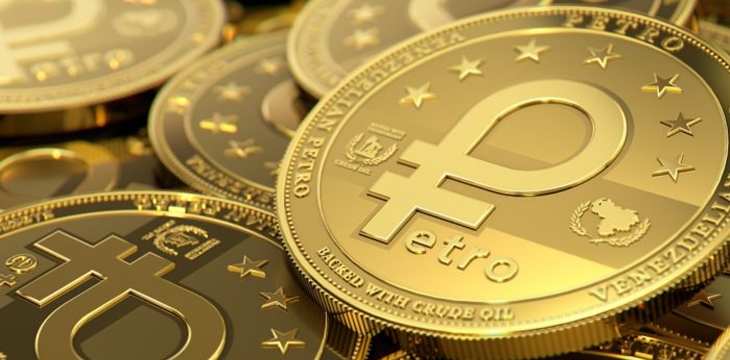|
Getting your Trinity Audio player ready...
|
Venezuelans may have thought President Nicolas Maduro was being progressive when he introduced the Petro cryptocurrency as a means to improve the country’s economy, but his true colors, and intentions, are being revealed. Although the Petro still has no clear definition, users of the crypto are going to have to dig deeper into their digital wallets, as the country is imposing a significant tax on all transactions.
All transactions involving Petro, or any digital currency, will incur a 15% tax. The announcement was published in the country’s official Gazette in its issue 41581, and quotes Venezuela’s National Superintendence of Crypto Assets and Related Activities (SUNCRIP), which states, “The sender of the remittances referred to in this ruling is obliged to pay a financial commission in favor of SUNCRIP up to a maximum amount of 15% calculated on the total of the remittance.”
In addition, SUNCRIP has been given the authority to add additional tariffs and controls to crypto transactions. It has already started to implement new policies, including a new transaction limit of $600 per month. Anything above that will require explicit permission by SUNCRIP, with a total cap of 50 Petro tokens (about $3,000, depending on which source is used to attain the exchange rate).
In other words, on top of paying taxes already assessed on the purchase of goods or services, there is now a new tax when using crypto. The value-added tax in Venezuela was 12% until last September, when it was raised in an “emergency decision” to boost the country’s revenue. Until December of this year, the tax is 16%; add another 15% per the new rules and Venezuelans will pay a total of 31% tax if they use crypto for the purchases.
This is just further evidence that Maduro doesn’t understand economics. Not only will the tax be assessed, but it will have to be paid in Petro. This is not only undermining the country’s economy; it also undermines the concept of crypto. The value of the Petro becomes artificially inflated by the taxes, which means that the country is using its power to create demand for a currency that, by any definition, is only as good as Monopoly® money.
While there is clear dissension in the ranks in Venezuela and a new president has been recognized by several countries, Maduro manages to keep his grasp on power. Hopefully, the country will find a way out of its mess soon and allow Venezuelans to try and recuperate some semblance of a normal life.

 02-16-2026
02-16-2026 




